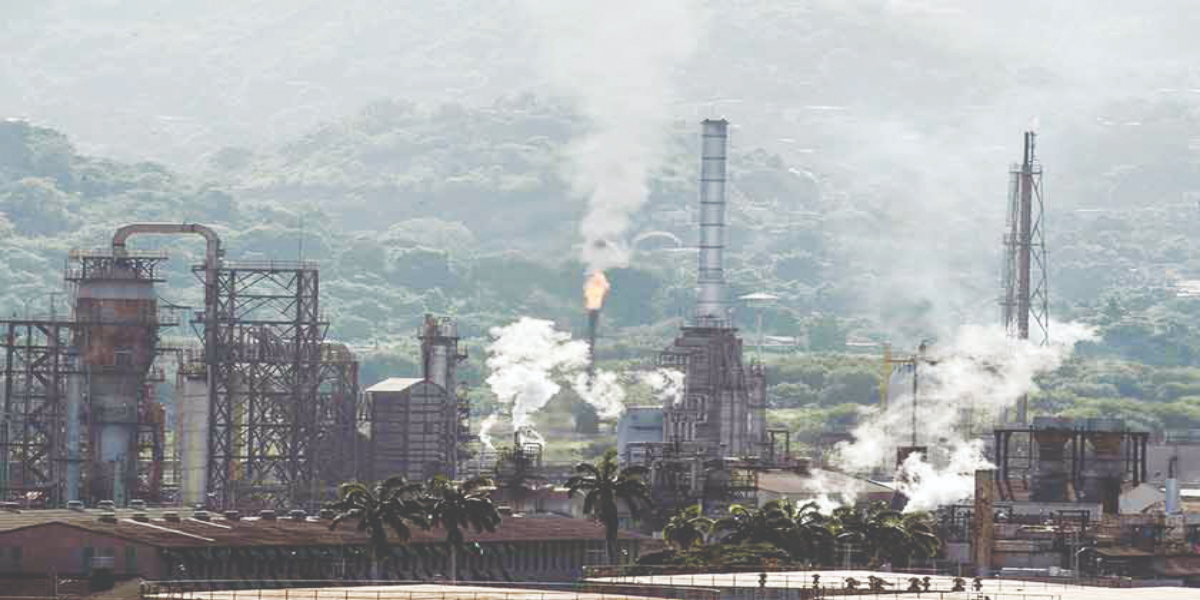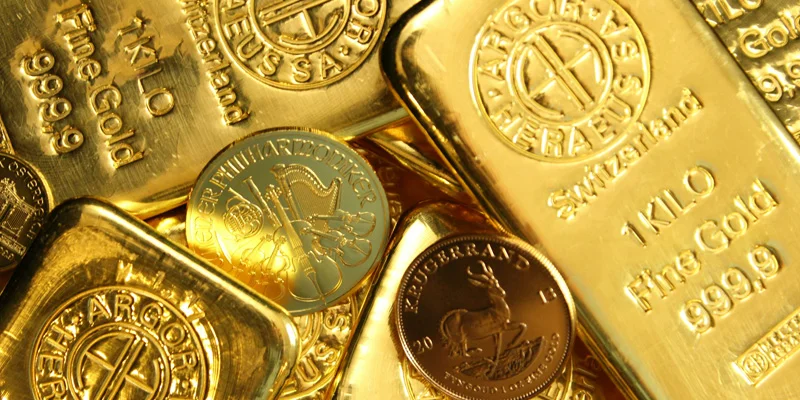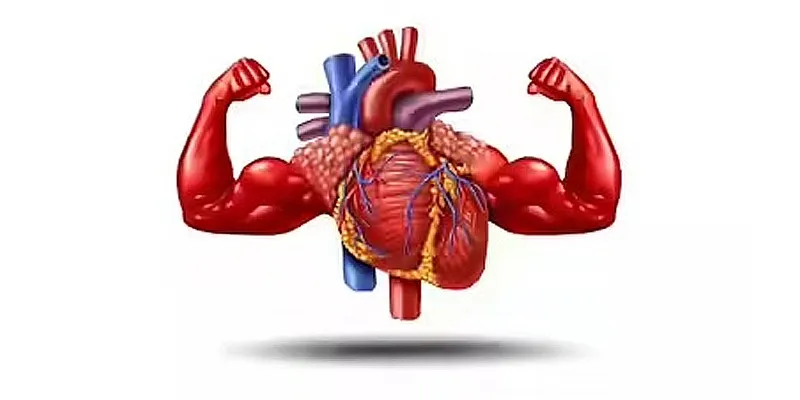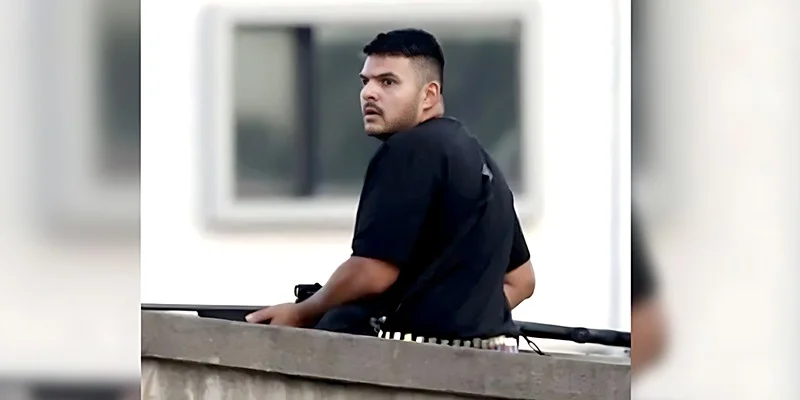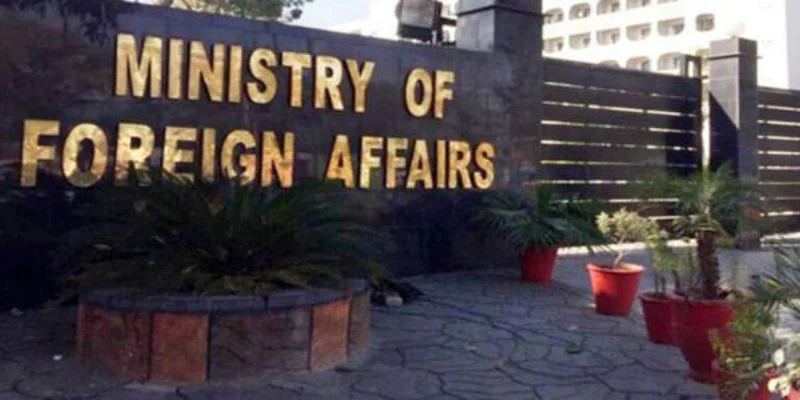PUERTO CONCHA: Leaks, rusted pipes, pieces of broken equipment scattered about and staircases leading nowhere: Lake Maracaibo’s oil field is a metaphor for Venezuela’s once-flourishing petroleum industry that is now on its knees.
More than a century ago, the Maracaibo basin in northwestern Zulia state was the birthplace of a business that transformed the country into one of the world’s 10 largest oil producers and a Latin American economic heavyweight.
By 2008, the country was producing 3.2 million barrels of oil a day.
Just 13 years later, it can only muster 500,000 to one million barrels per day amid a grinding economic crisis marked by years of recession and hyperinflation. Venezuela’s gross domestic product per capita is now similar to that of Haiti.
Despite sitting on the world’s largest proven oil reserves, the country battles fuel shortages and frequent blackouts, and at one point even had to import fuel from Iran.
The Maracaibo basin was once a flurry of oil activity, with a halo of light over the complex visible at night from a fair distance.
Today, it is a humid swamp that stinks of oil from leaking pipes floating on the water.
Hardly anyone risks going to that area “for fear of an explosion due to the gases,” one fisherman who asked not to be named told AFP.
The oil platforms have long been pillaged of any valuables, including taps and valves that control the flow of oil and gas.
‘Families broke up’
It is a sea change from the prosperous 1970s when Venezuela’s oil industry was nationalized, giving state-run PDVSA a monopoly.
That lasted until the 1990s when the industry was opened to private capital. But after Hugo Chavez came to power in 1999, he ordered all private oil companies to merge with PDVSA and made the state institution the majority shareholder. From then on, the industry was hit by corruption, poor decision-making, problems with maintenance and aging equipment, and later financial sanctions.
PDVSA did not immediately respond to requests from AFP for comment for this story.
Many analysts believe the key moment in the industry’s decline came in the early 2000s when Chavez, who died in 2013 while still president, became embroiled in a protracted battle with PDVSA executives.
The clash resulted in a crippling strike from December 2002 to March 2003, during which production dropped to a historic low of just 25,000 barrels a day.
Blasting the ‘sabotage’ of Venezuela’s oil production, Chavez sacked most of PDVSA’s management and thousands of employees, replacing them with people “loyal to the revolution” who often lacked the necessary expertise.
Production rebounded after the strike, but by 2009, 70 businesses involved in the supply chain were also nationalised.
This resulted in “a lack of maintenance, and a lack of motivation among employees,” whose salaries plummeted, said one former employee identified here as Carlos (his name has been changed to protect his anonymity).
He had started working at PDVSA in the early 2000s, when he was just 18. But when the onetime “cash cow” for Venezuela’s government encountered hard times, so did its employees.
“Many women left their husbands because they no longer worked for PDVSA. Families broke up. I didn’t earn enough any more,” said Carlos, who blamed his own divorce on a loss of income.
By that time, half of the country’s oil wells were paralysed.
Corruption ‘breeding ground’
In 2013, the crisis deepened when subcontractors stopped working due to unpaid bills.
Idle employees began spending their days “fishing to feed themselves” as provisions never reached workers on the platforms, recounted Maria, who worked for the company at the time and still does (her name has been changed for this story).
The politicisation at PDVSA had reached a high point: even computer screensavers at the company used pictures of Chavez, and later, his successor Nicolas Maduro.
“Hiring people based on their politics badly affected production… we got rid of experienced people, and any semblance of meritocracy disappeared,” said Maria, who asked that AFP not explain the job she performs for PDVSA.
It also created a “breeding ground for corruption,” with embezzlement at the highest level, she added.
In 2017, authorities launched a vast operation targeting corruption within PDVSA, investigating former managers including the company’s ex-president Rafael Ramirez.
“They seize public resources and illegally seek to legalize the capital,” Attorney General Tarek William Saab said at the time.
Ramirez, now in self-exile in Italy, said the accusations against him are politically driven.
[embedpost slug=”/venezuela-creeps-out-of-hyperinflation-but-no-one-feels-it/”]

